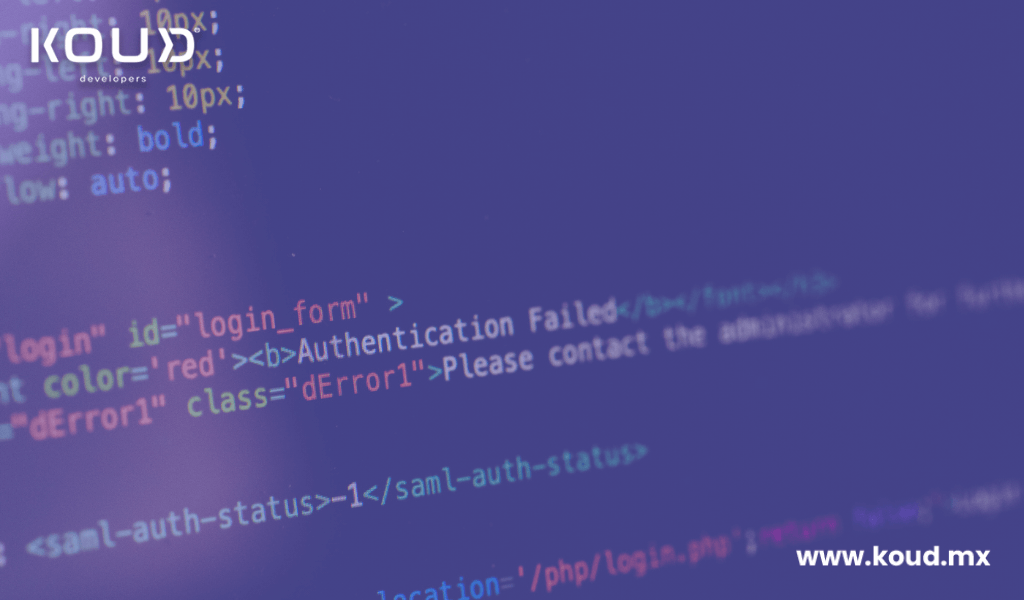Advantages of financial leasing software for businesses
In today’s business environment, companies need solutions that allow them to efficiently manage their financial assets and optimize their capital use. Financial leasing software has become a key tool for organizations seeking to manage their leasing contracts more agilely, transparently, and efficiently. This type of software enables businesses to keep a comprehensive track of their assets, optimize cash flow, and ensure compliance with current accounting regulations.
In this article, we will explore the main advantages of financial leasing software and how it can help companies improve their financial and operational management.
Advantages of financial leasing software for businesses
1. What is financial leasing software?
Financial leasing software is a tool designed to manage and automate processes associated with leasing contracts, both financial and operational. It enables companies to control all aspects of leasing agreements, from tracking payments to asset amortization and regulatory compliance.
This software is particularly useful for companies that manage multiple leasing contracts, facilitating the integration of all financial data into a centralized platform and optimizing decision-making.
2. Key advantages of financial leasing software
a) Optimizing cash flow
One of the standout benefits of financial leasing software is its ability to improve a company’s cash flow. The software allows for the planning and management of leasing payments, helping to avoid delays and penalties, ensuring financial obligations are met on time. Additionally, by distributing leasing payments over time, companies can preserve capital for other strategic investments.
- Better capital management: Periodic payments allow businesses to manage their cash flow more effectively, avoiding large upfront expenditures.
- Financial predictability: The software provides a clear view of leasing obligations over time, facilitating more accurate financial planning.
b) Regulatory compliance and accounting
Meeting accounting standards and tax regulations is a priority for any company. Financial leasing software helps companies comply with international standards such as IFRS 16 (International Financial Reporting Standard) and ASC 842 in the United States, which require companies to properly report their financial and operational leases.
- Automated compliance: The software generates financial reports that align with regulatory requirements, reducing the risk of accounting errors and penalties.
- Accurate accounting: By integrating leasing contract accounting, companies can accurately track their financial assets and liabilities.
c) Increased operational efficiency
Financial leasing software automates many manual processes, reducing the time and effort needed to manage leasing contracts. This includes the automatic generation of invoices, contract status updates, and tracking payments and amortizations.
- Process automation: Repetitive tasks such as invoicing and payment tracking are automatically managed, reducing administrative burdens and minimizing human errors.
- Better asset control: The software allows businesses to manage leased assets more efficiently, providing a comprehensive view of their leasing inventory.
d) Reducing financial errors
Manually handling financial leasing contracts can be prone to errors, which may lead to accounting issues or duplicate payments. Leasing software automates calculations and keeps a detailed record of all financial agreements, minimizing the risk of errors and facilitating audits.
- Automated calculations: The software performs all financial calculations accurately, avoiding discrepancies in financial records.
- Transparency: The company has transparent access to all leasing contract details, improving traceability and reducing the risk of errors.
e) Integration with other financial systems
Financial leasing software can easily integrate with other financial management systems such as ERP or CRM, allowing for more seamless management of assets and liabilities. This integration ensures that all financial information is unified, providing a cohesive and comprehensive view of the company’s finances.
- Centralized management: By integrating all financial data into one system, companies can gain a clear and accurate view of their financial position.
- ERP compatibility: The software can sync with ERP systems, allowing for better management of leased assets and payments.
f) Customized financial analysis and reporting
Financial leasing software offers the ability to generate customized reports that provide a clear view of financial commitments, the evolution of leased assets, and the status of payments. These reports are essential for strategic decision-making and for ensuring the company is using its resources efficiently.
- Customized reports: Companies can generate reports tailored to their needs, making it easier to analyze leases and plan for the future.
- Data-driven decision-making: Access to detailed analysis allows companies to identify opportunities to optimize their leases and reduce costs.
3. Is financial leasing software right for your company?
If your company manages multiple leasing contracts or is looking for a more efficient way to comply with financial regulations, financial leasing software may be the ideal solution. This type of software not only facilitates asset and payment management but also helps improve cash flow, ensures accounting compliance, and reduces financial errors.
Financial leasing software offers several key benefits that help companies manage their assets and liabilities more efficiently. From improving cash flow to automating processes and ensuring regulatory compliance, this type of software is an essential tool for any business seeking to optimize its financial operations and reduce costs. Investing in specialized financial leasing software can be a strategic decision that gives your company a competitive advantage.

